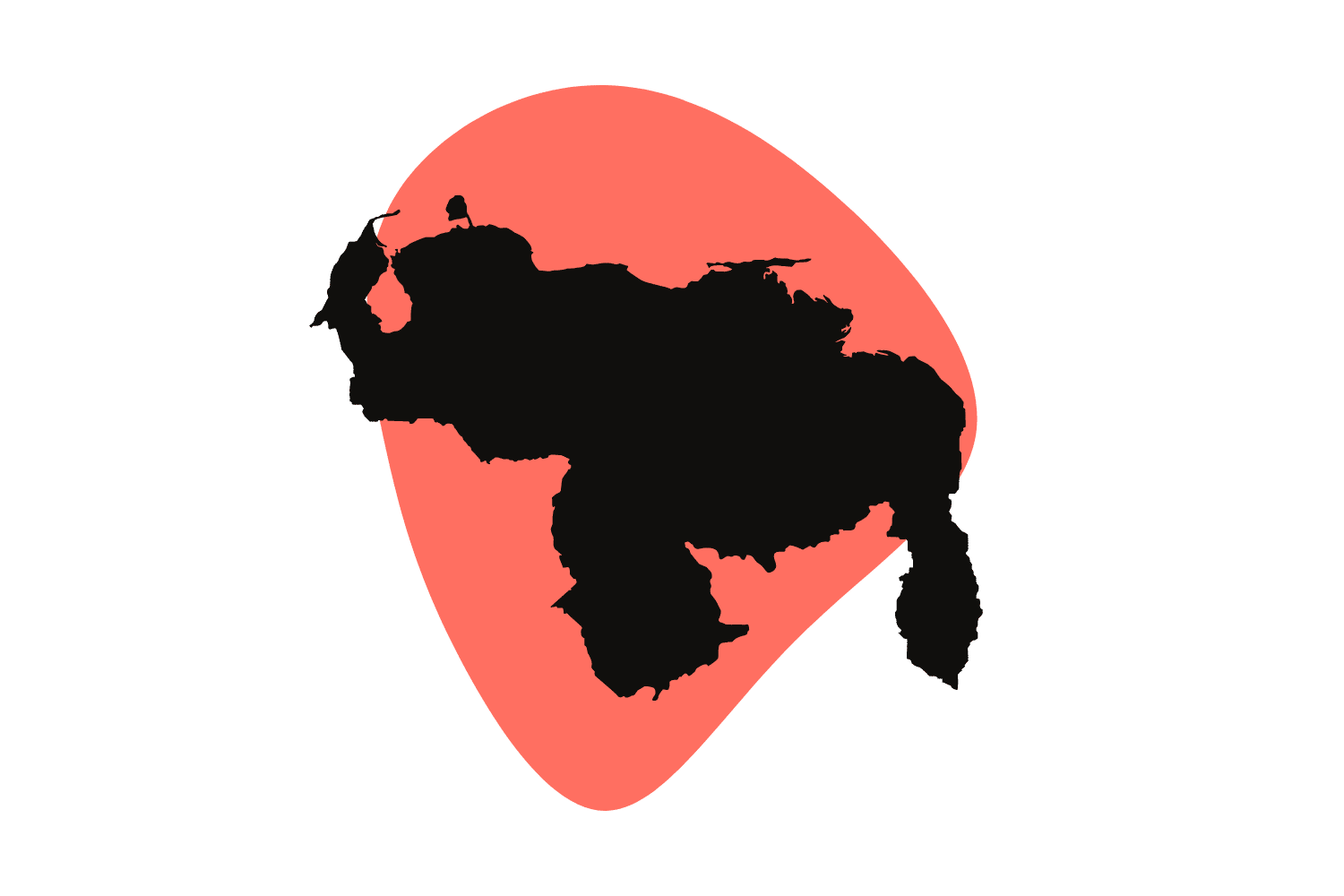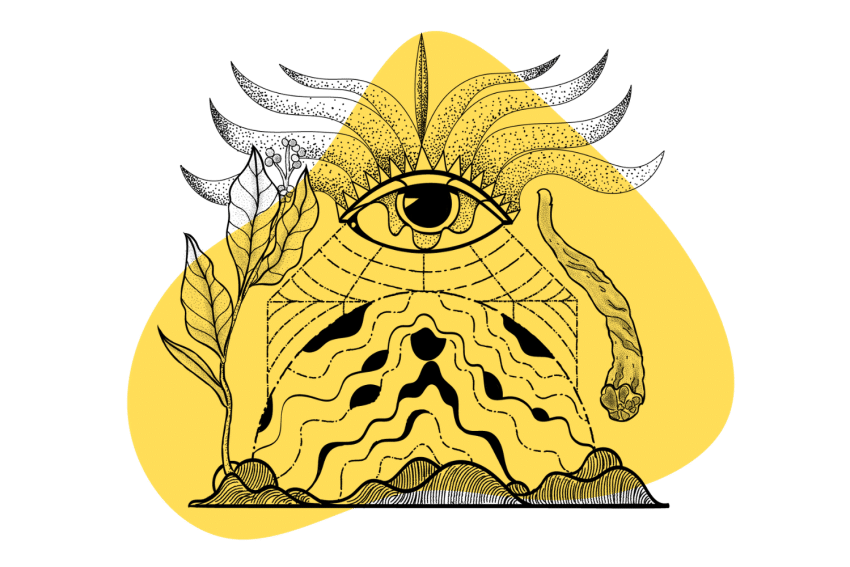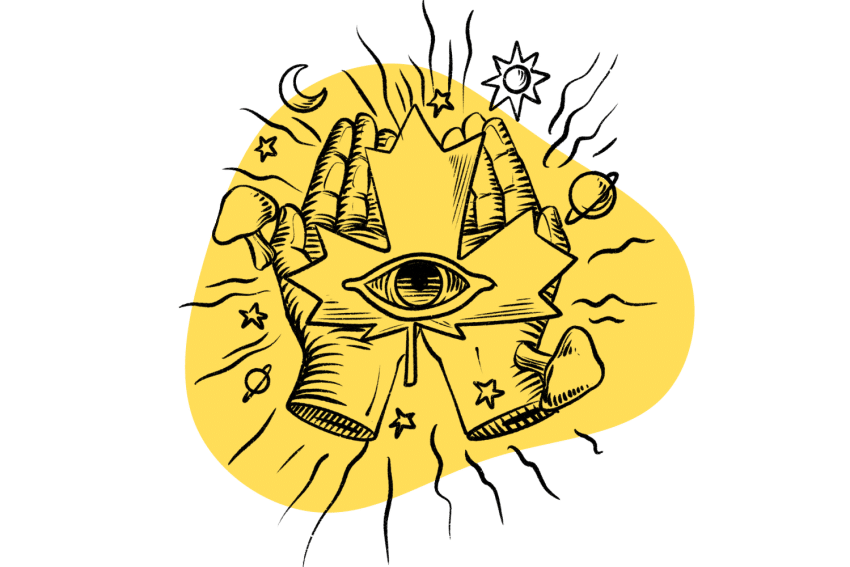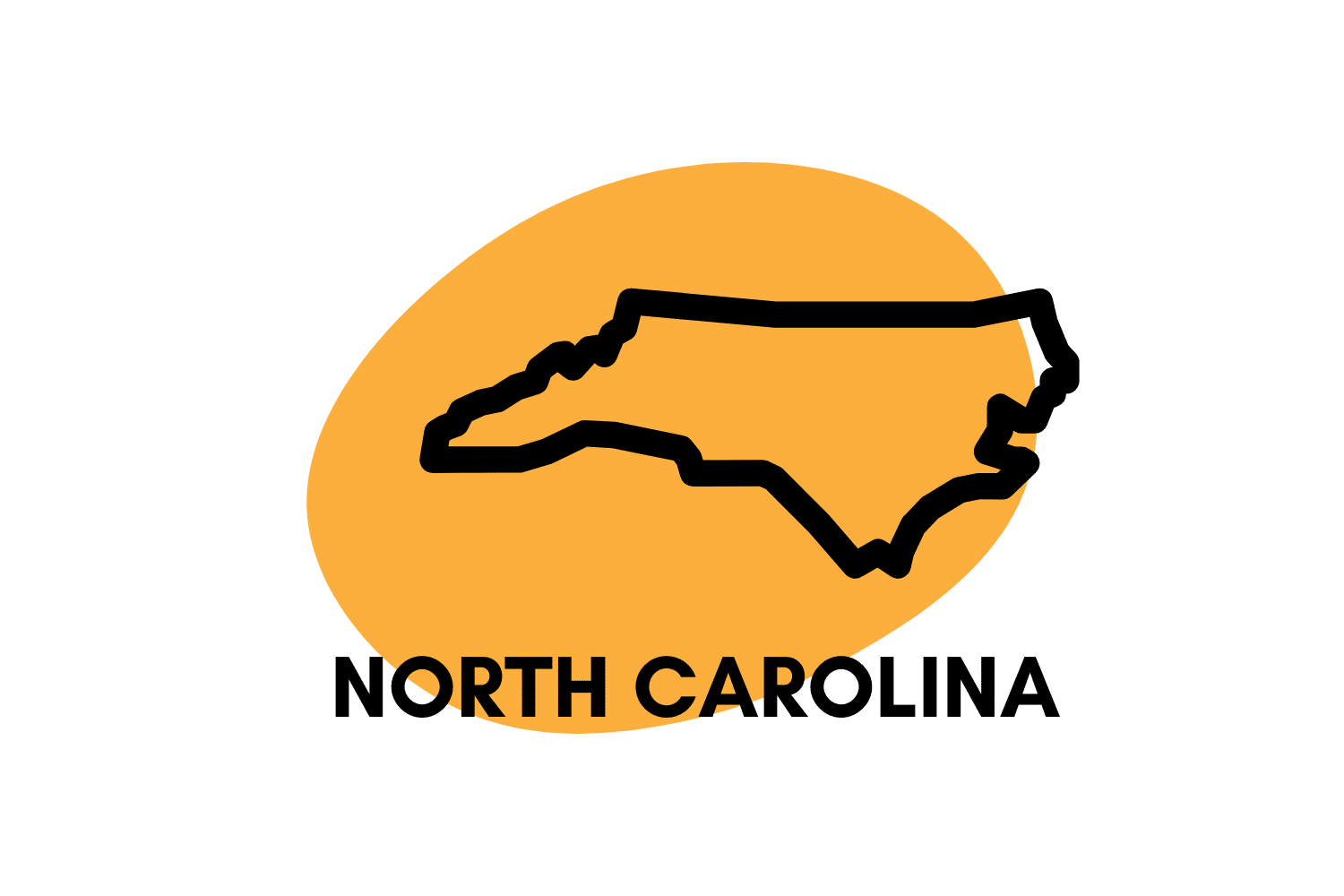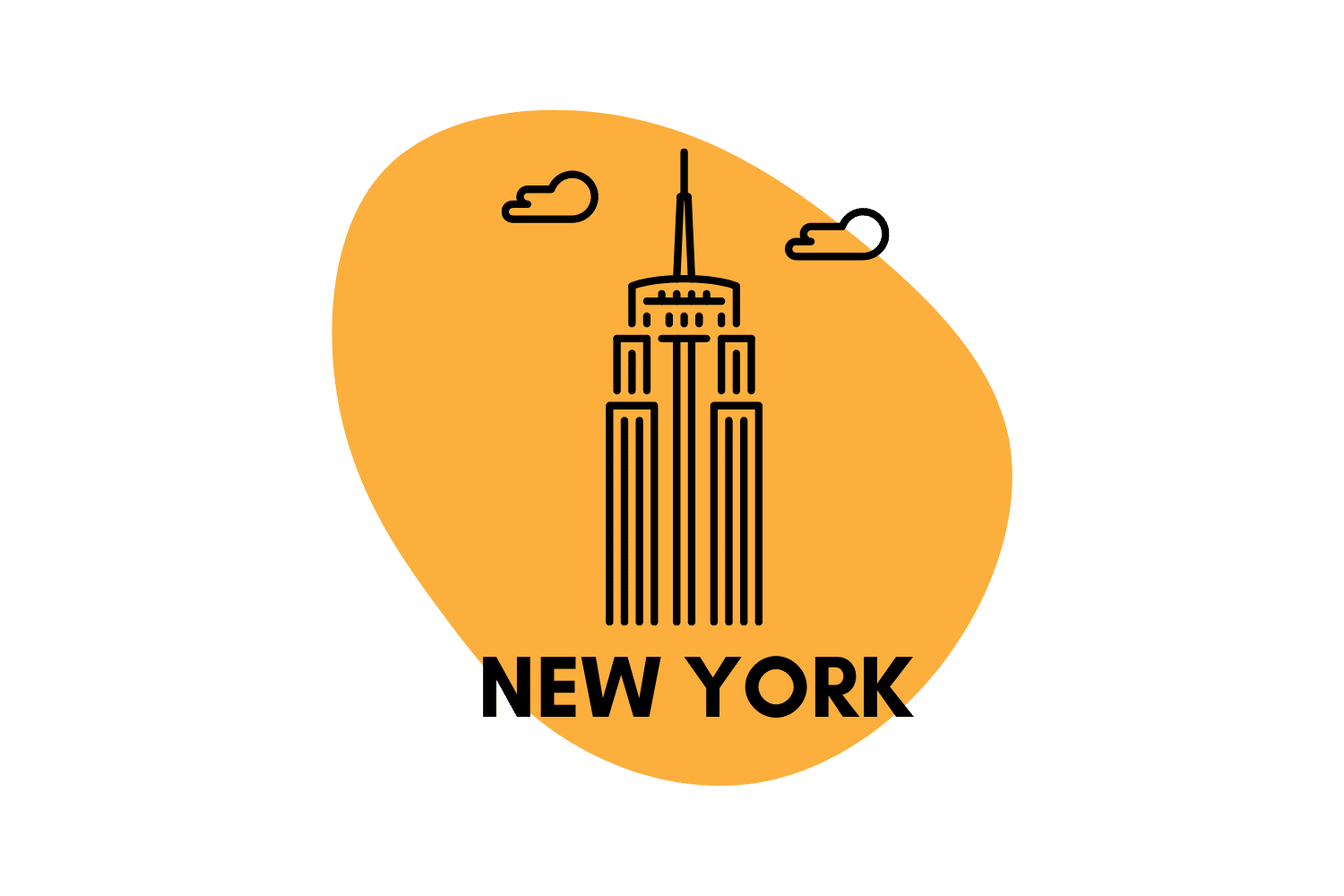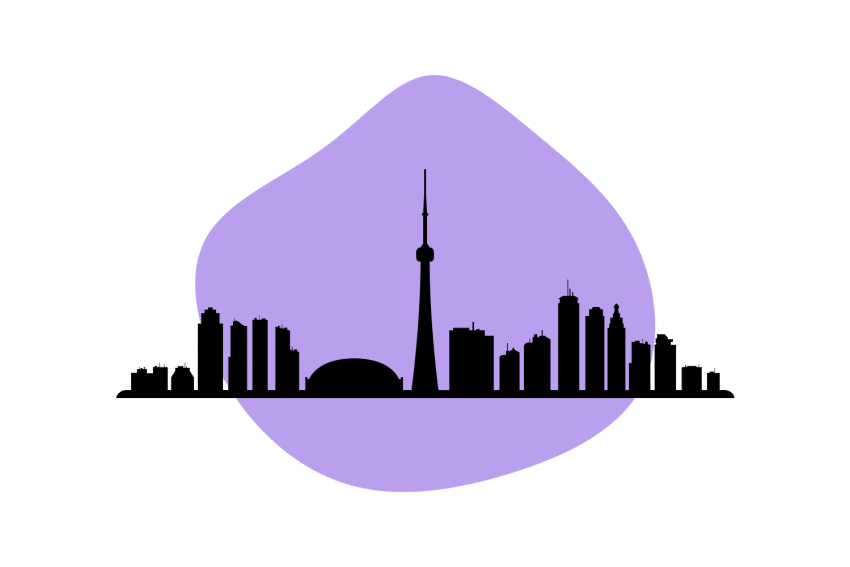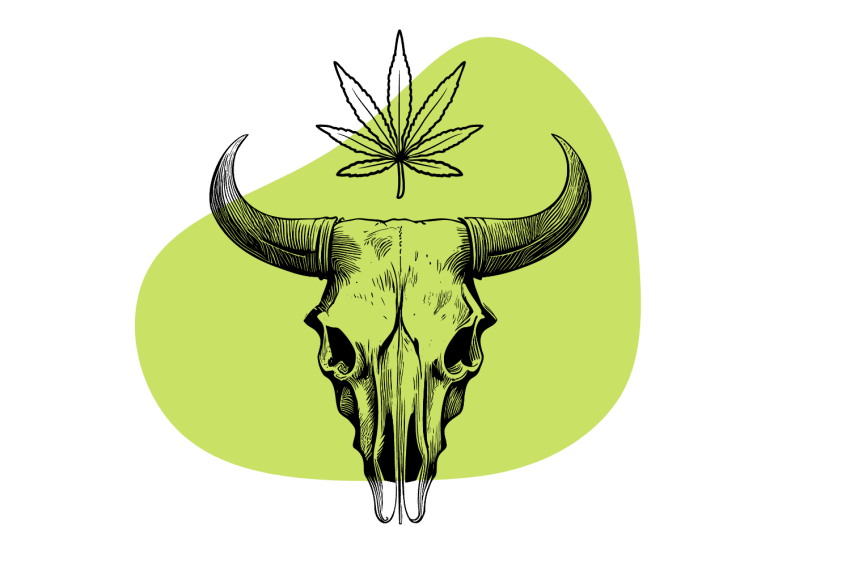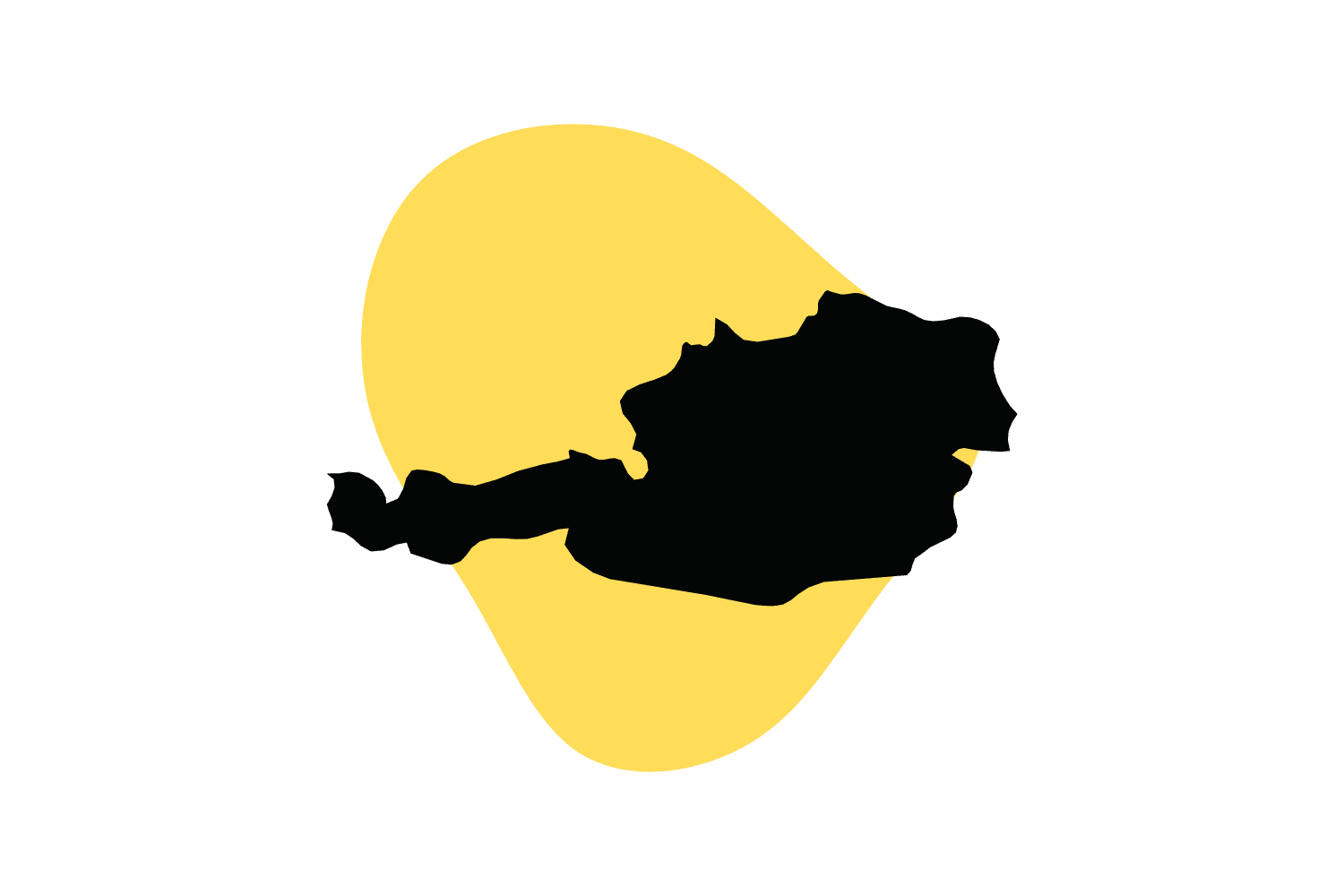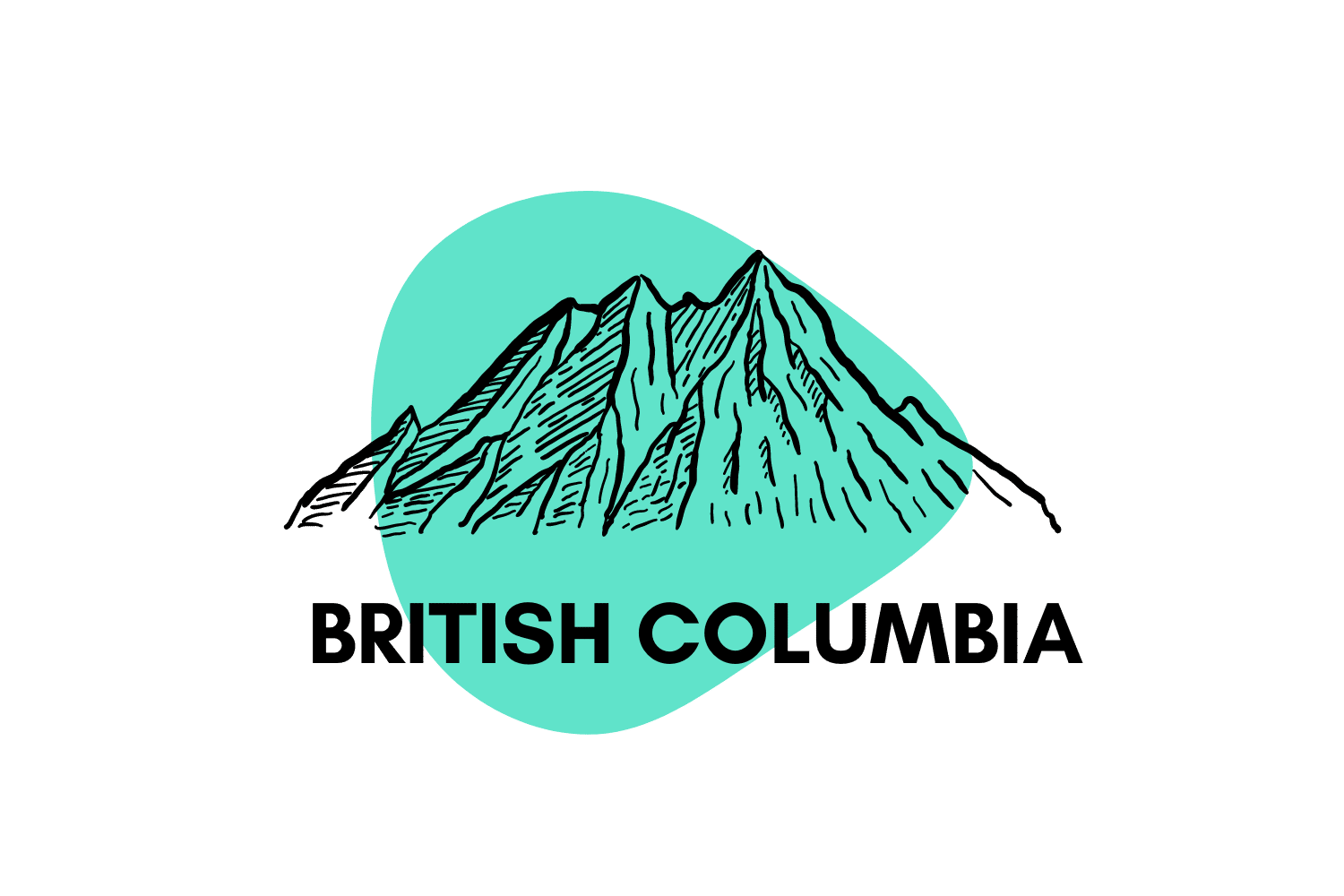A Current Look At Virginia’s Psychedelic Laws (2023)
Two failed attempts at decriminalizing psychedelics, but you know what they say — third time’s the charm 🤞
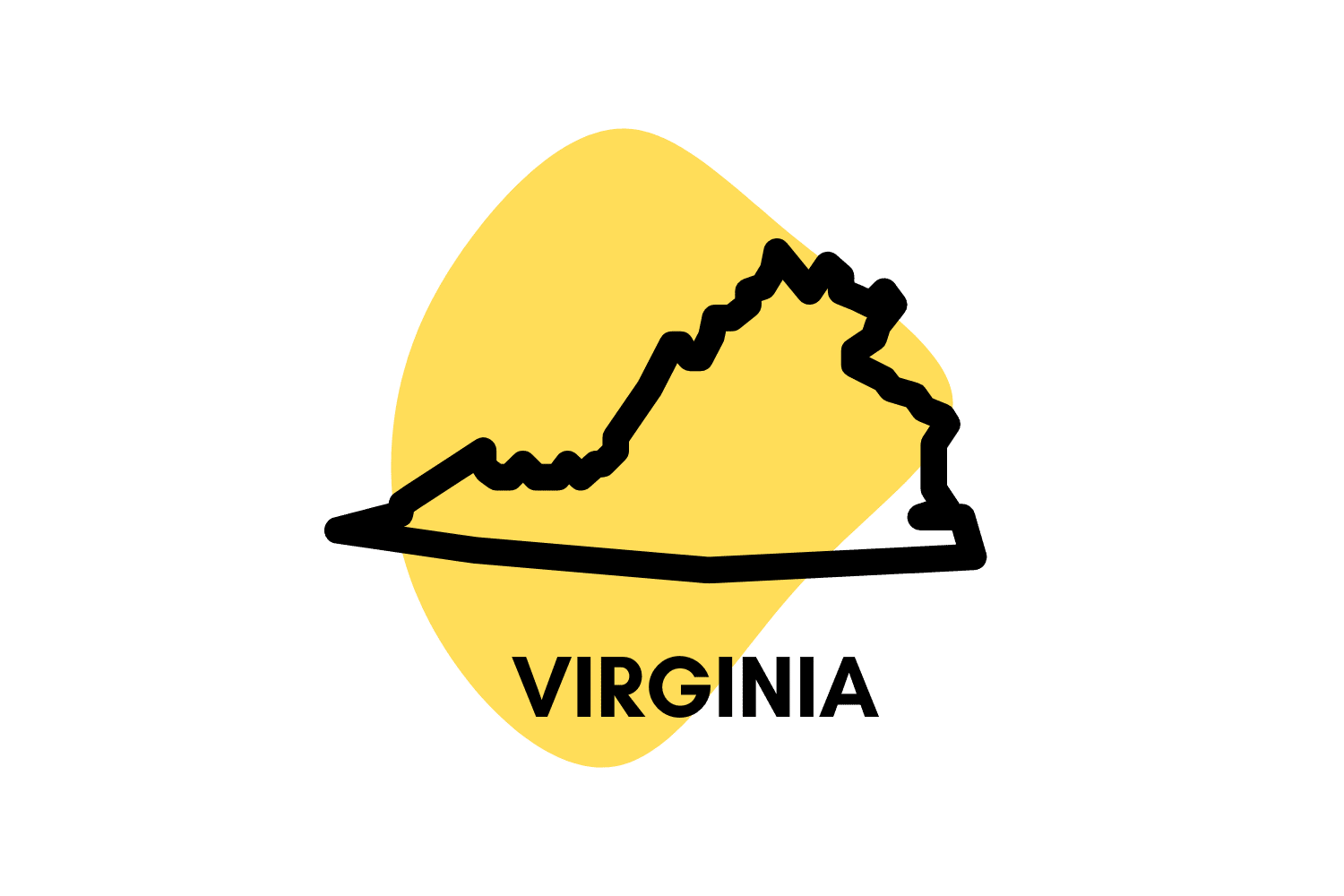
Most psychedelics are illegal in the United States. However, over the past few months, several municipalities in the US, as well as the state of Oregon, have already moved to decriminalize natural psychedelics.
Will the state of Virginia follow suit? What are the current laws governing psychedelic substances?
In this article, we’ll explore the legality of magic mushrooms, MDMA, LSD, ketamine, and more in the state of Virginia.
Are Magic Mushrooms Legal in Virginia?
No. Magic mushrooms are illegal in Virginia.
According to the county’s Code § 18.2-248, psilocybin (the active ingredient in magic mushrooms) is a Schedule I controlled substance, so possessing it carries a Class 5 felony. This kind of felony is punishable by imprisonment for up to 10 years and a fine of $2,500.
With two failed attempts at decriminalization — one for psilocybin and psilocin, the other for all naturally occurring psychedelics — those in support have received plenty of pushback, but at least they’re fighting.
One exception to the law is the sale of magic mushroom spores. Spores don’t contain any psilocybin or psilocin and are, therefore, unregulated in the United States. However, once the spores are germinated, they become illegal once again.
Also see: How Drug Scheduling Works in the United States.
Map of Magic Mushroom Laws In the USA
Do Magic Mushrooms Grow Wild in Virginia?
Magic mushrooms grow naturally almost everywhere in the world — the US is no exception. There are several species in Virginia to be on the lookout for.
The most common species of magic mushrooms found in Virginia:
- Panaeolus cinctulus
- Panaeolus cyanescens
- Psilocybe caerulipes
- Psilocybe cubensis
- Gymnopilus luteofolius
- Gymnopilus luteus
- Inocybe insignis
To increase your chances of finding them, we recommend searching mainly in damp and dark areas, specifically near grasslands, forests, or manure deposits.
What Are the Medicinal Uses of Shrooms?
Psilocybin is gaining much relevance in psychology due to the increasing evidence of its benefits.
For example, some studies show that psilocybin can help combat post-traumatic stress disorder (PTSD).
Also, psilocybin and psilocybin-containing mushrooms have been shown to offer support in treating conditions such as clinical depression, addiction, substance abuse disorders, cluster headaches, existential anxiety, and ontological dread.
Lastly, evidence suggests that microdosing magic mushrooms and other psychedelics can help improve our problem-solving skills and boost creativity.
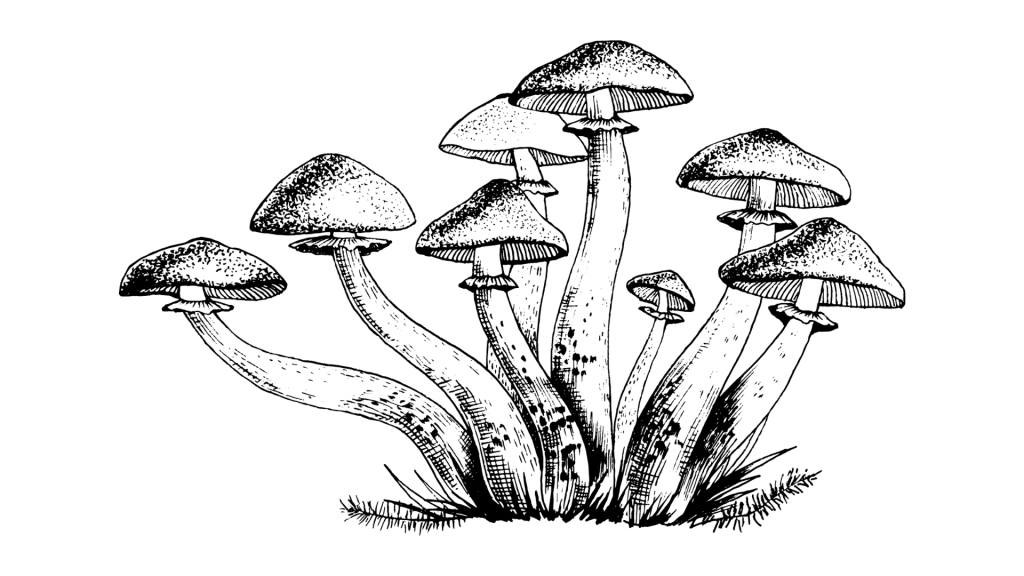
Is LSD Legal in Virginia?
No. LSD (lysergic acid diethylamide) is illegal in Virginia.
Like psilocybin, LSD is classified as a Schedule I controlled substance in Virginia, so the penalties are similar.
If the police catch you with this substance, you can spend up to ten years in prison or receive fines of $2500.
There are a host of LSD alternatives that aren’t listed on the official list of restricted substances. This doesn’t make them legal, but it does open up discussion around a potential legal grey area for some psychoactive compounds.
LSD-analogs include PRO-LAD, AL-LAD, ETH-LAD, LSA (morning glory), LSZ, 1P-LSD, ALD-52, and more. This group of compounds is all classified as lysergamide psychedelics.
Is MDMA Legal in Virginia?
No, but unlike the psychedelics mentioned above, MDMA (ecstasy) is categorized as a Schedule II controlled substance.
If caught in possession of MDMA, you can be sentenced to 10 years in prison with fines of $2500.
A protocol for MDMA-assisted psychotherapy for the treatment of PTSD is currently being evaluated by the FDA and could become available throughout the United States soon. There’s always a possibility Virginia could ban the therapeutic use of MDMA even if the FDA approves the recent application.
Is Ketamine Legal in Virginia?
Yes. Ketamine is legal in Virginia for medicinal use only.
Recreational use of ketamine could result in fines of up to 12 months in prison and a fine of $2,500.
You can already find ketamine clinics all over the state of Virginia. These clinics are approved to use the drug for treating clinical depression and PTSD.
Is DMT Legal in Virginia?
DMT (dimethyltryptamine) is illegal throughout the United States, including the state of Virginia (Schedule I substance).
Therefore, if the police catch you with DMT, they can charge you for committing a Class 5 felony, which carries penalties of up to 10 years in prison with fines of $2500.
Two religious groups have been granted an exception to this law — União do Vegetal and Santo Daime — both of which can legally use the traditional DMT-containing plant medicine called ayahuasca.
Related: List of Plants That Contain DMT.
What’s the Difference Between Legalization & Decriminalization?
Decriminalization and legalization are terms that many people often confuse, assuming they are synonyms.
The main difference is that when a specific illegal activity is decriminalized, penalties are significantly reduced.
When an activity is legalized, all criminal offenses are removed, and the state takes on more of a regulatory approach to the market. Legalization may involve medicinal use only (as with MDMA) or recreational use (as is the case with marijuana).
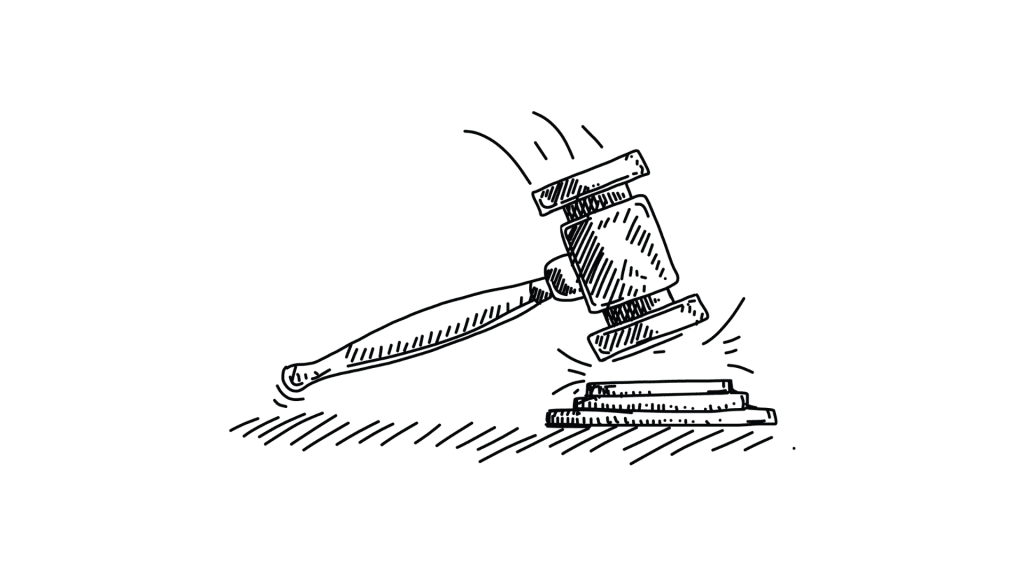
Key Takeaways: What’s the Future of Psychedelics in Virginia?
Virginia has pretty harsh psychedelic laws, but their marijuana laws are much laxer. In 2021, Virginia decriminalized weed for those 21 and older.
This doesn’t guarantee that the same will happen with psychedelics, but it’s a good sign. We think Virginia could be one of the first states to officially legalize or decriminalize the use of natural psychedelics, MDMA, LSD, and others.

